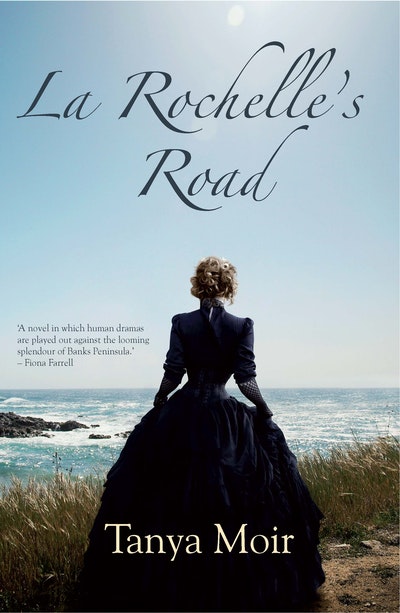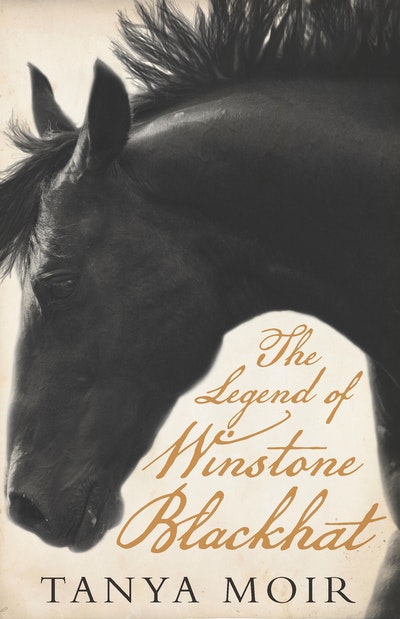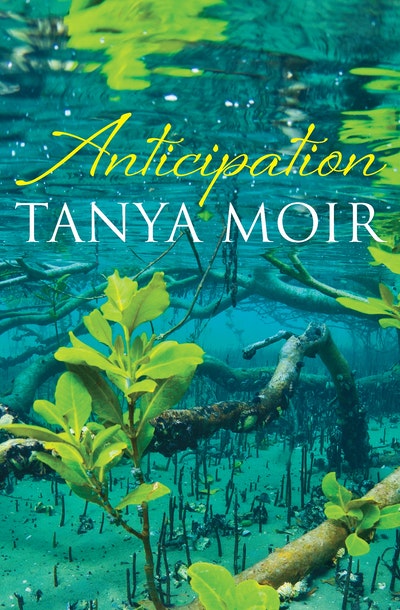La Rochelle's Road
- Published: 1 April 2011
- ISBN: 9781869793395
- Imprint: RHNZ Adult ebooks
- Format: EBook
- Pages: 272
Tanya Moir’s novel La Rochelle’s Road left me feeling delighted at a remarkable journey beautifully told ... You will love the imagery that Moir has evoked. You can feel every step the family takes as they trek from where the boat that met them at Lyttelton has dropped them to their land and cottage along the ridge and overlooking the vast sea. The strands of history, family trials and a young girl becoming a woman combine to make this a beautiful read. The details of life in colonial times ring true. Hester’s relationship with her father, mother and brother grow and develop as both she and the story mature. I think Tanya Moir has excelled here and the story lingers with me still.
Booksellers NZ
Above all, the language is fresh, vivid and authentic, with descriptions of places, people and events that demand rereading ... Moir’s novel is that wonder: absorbing historical fiction that replenishes our view of the world then and now.
NZ Listener
Following in the fine tradition of historical novels, La Rochelle’s Road moves along at a cracking pace ... Romance, mystery and despair abound as the cast of characters’ lives – and their corsets – unravel around them.
NZ Woman's Weekly
Tanya Moir’s first novel is an example of historical fiction that brings to life a moment in time in a way that is graceful and thoughtful ... La Rochelle’s Road is, then, a story of survival, but it is also a story of love, ideals and of the understated politics of daily life. What I particularly like about the book is the way it builds in layers through the seamless intrusion of other texts. Chunks of writing in italics can be offputting for the reader – but not in this case. The daughter’s diary and her letters back to England work perfectly to illuminate each particular scene and its consequences. Equally fascinating is the daughter’s discovery of the buried notebook and letters of the previous occupant, La Rochelle. Hester is captivated by the story of illicit love revealed in the pages and the way the unfolding portrait of the man is not at all what she had anticipated. Like all good historical novels, the history is complicated and challenging rather than straightforward and neatly explained. La Rochelle’s Road is a good read.
NZ Herald



